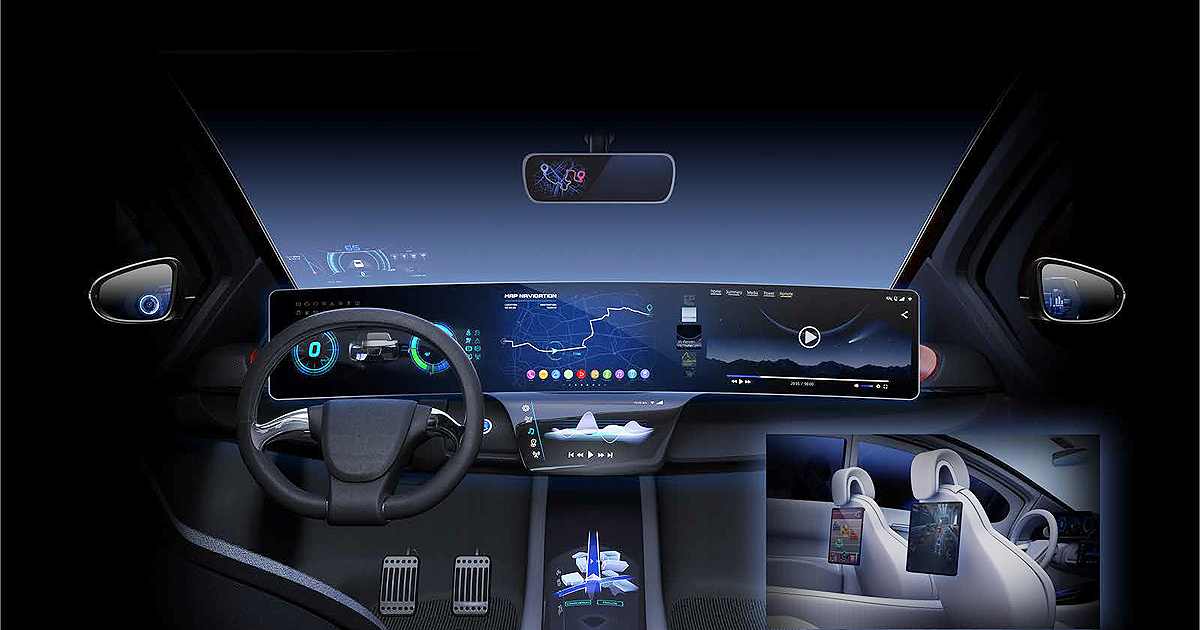
A new collaboration between computing powerhouses could further enhance the way motorists interact with their vehicles.
Nvidia Corp., said Monday it has partnered with MediaTek, a Taiwanese company that makes semiconductors for wireless communications, to develop a platform that enhances automotive infotainment and cockpit features.
The two companies disclosed the partnership Monday at the Computex technology conference in Taipei.
Financial terms were not disclosed. Nor were potential automakers who intend to use the chipsets, though Danny Shapiro, vice president of Nvidia’s automotive division, said the partners were already working with an automaker.
While one unnamed customer may already be in hand, he said the chips are intended to be used across mainstream and luxury models. The chips are expected to be in production in 2026 for model year 2027 vehicles.
“This is a new era of advanced user experiences for the software-defined car,” Shapiro said, “and now we’re bringing it to an entire range of vehicles.”
Nvidia’s graphics processing units and artificial-intelligence software technology will be paired with MediaTek’s automotive-focused “Dimensity” system on chip. The partnership gives automakers more infotainment options on Nvidia’s Drive software platform.
In combining their technology, the companies intend to make inroads on what they say is an infotainment-specific market worth $12 billion annually, according to their analysis of a market forecast issued by consulting firm Gartner Inc. earlier this year.
The chipsets will present more of an end-to-end offering and compete against the likes of Qualcomm, a prime competitor in the automotive-cockpit realm.
Overall, the automotive semiconductor market is forecast to grow 13.9 percent this year, reaching $76.9 billion, according to Gartner.
This marks the latest automotive-focused endeavor for Nvidia, which works with dozens of global automakers, including BYD, Mercedes-Benz and BMW. Nvidia has been on a historic roll, adding $148 billion to its value with a stock-price surge of 24 percent last Thursday.
Shares rose another 2.5 percent Friday, pushing the company’s market capitalization past $963 billion.